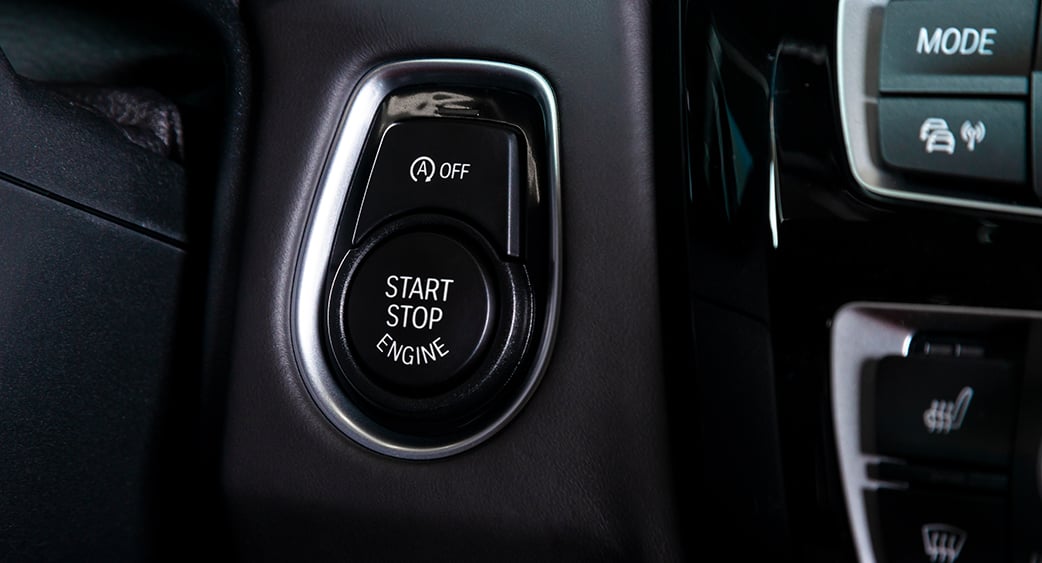
A report from Navigant Research found that global sales of plug-in electric vehicles rose to over 1 million in 2017, marking six straight years of the market growing by 40 percent or more. Battery electric vehicles are becoming more common than ever, and that means you have a big choice to make when you're ready to trade in your internal-combustion engine for something new.
When you're looking for a car that will let you break free of the gas pump and be a little kinder to the planet, both plug-in hybrid and battery electric vehicles have their advantages. Whether you're buying your first alternative fuel car or looking to upgrade from your current ride, do your homework first. Explore the differences in costs, performance and energy needs so you can make an informed decision:
Planning for your next charge
When you rely on your car to get you to work every day, out of town on the occasional road trip and to your kid's soccer games, you need to be confident you'll have enough juice. BEVs have longer driving range on a charge than hybrids. The Tesla Model S can travel 335 miles on a single charge, according to the manufacturer. When it comes to overall driving range, though, PHEVs still have the edge since you can always count on backup from a gas-powered engine.
When you're driving a BEV, it's especially important to think ahead about filling up. Public electric charging stations are becoming more common all the time. Still, depending on where you are, there might not be many around, and you don't want to be left frantically searching one at the last minute. It's always a good idea to travel with a portable charger, particularly if you're covering a long distance.
Breaking down the costs
Figuring out the expenses involved in buying a car and keeping it running gets complicated fast. PHEVs use smaller, less expensive batteries than BEVs, but the costs of operating a BEV may turn out to be lower over time. A Swedish study estimated that, under right conditions, BEVs could bring owners more than twice the annual savings that are possible with PHEVs.
One thing you can definitely take to the bank: Whether you own a BEV or a PHEV, driving electric is cheaper than using gas, though the exact difference depends on your location. Along with saving money by skipping the pump, you'll probably also be eligible for some benefits when tax season rolls around.
Getting a charge out of driving
Savings and efficiency are all well and good, but car lovers want to know how their new BEV or PHEV will perform on the road. This is an area where the purely electric car has an advantage because it's not loaded down with a gas engine, fuel tank and exhaust system in addition to a battery and electric motor. A BEV's light weigh allows for precise handling and faster acceleration when you hit the highway.
With EV charging solutions in the garage and in their trunks, drivers of both hybrid and electric cars have all the power they need to get awesome performance out of their vehicles every day.
Click here to see the selection of ev charging solutions that we have for you.
